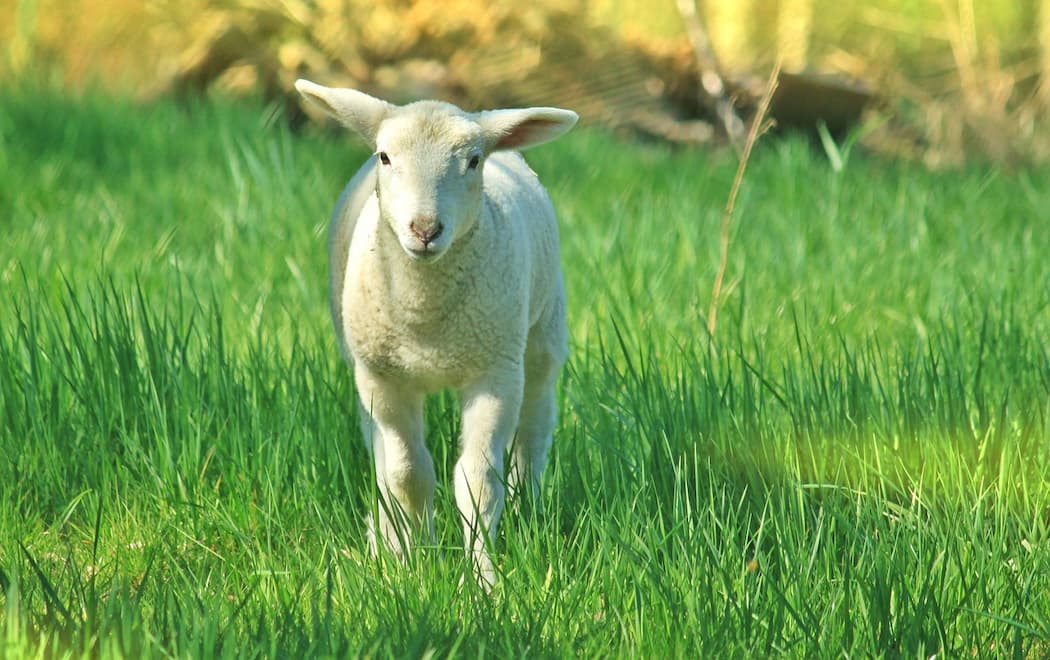Each day Jesus was teaching at the temple, and each evening he went out to spend the night on the hill called the Mount of Olives, and all the people came early in the morning to hear him at the temple.
Now the Festival of Unleavened Bread, called the Passover, was approaching, and the chief priests and the teachers of the law were looking for some way to get rid of Jesus, for they were afraid of the people. Then Satan entered Judas, called Iscariot, one of the Twelve. And Judas went to the chief priests and the officers of the temple guard and discussed with them how he might betray Jesus. They were delighted and agreed to give him money. He consented, and watched for an opportunity to hand Jesus over to them when no crowd was present.”
The Mount of Olives was a place Jesus frequented to pray and sleep. Jesus was there on the night Judas betrayed him. Jesus showed bold faith to preach the word of God, even though the Jewish leaders were trying to take his life. And he needed to get filled up in prayer at night.
Jesus modeled health in ministry, serving based on God’s call, not giving fear a foothold. He stood up to the corrupt leaders and told them the truth. And then he replenished at the Mount of Olives and prayed at night. When we seem to get burned out or worn down in doing God’s work, this is a good model to adopt.
Judas, however, was clearly not embracing his prayer life with God. He was greedy and selfish and wanted to see Jesus arrested. Why? We don’t totally know, but it could have been jealousy, or the excitement of seeing a fight between him and the leaders. It clearly wasn't just about the money, as he was paid almost as an afterthought. He allowed Satan to have power over him before the money exchanged hands.
All of this happened in the middle of the Feast of the Passover (or Unleavened Bread). For historical context, The Passover was like our 4th of July in America. It was the Jews’ Independence Day from slavery in Egypt. And it was a clear showing of God’s love for his people and his miraculous power to save them.
In Egypt, in order for the Jews to not have the “Passover Angel” come into their homes and kill the firstborn son (the heir), they had to sacrifice an animal and paint the blood on the doorposts of their homes. They were spared and the Egyptians’ first born sons were killed. The blood was a sacrifice that redeemed them from death. And this was a foreshadowing of something bigger to come.
Fast-forward to Jesus’ coming, and we find he was sent to redeem the Jewish (and Gentile!) people once and for all. His precious blood was the covering we needed, the sacrificial payment for our sins, to make us right with God.
The irony here is that Judas decided to betray Jesus during the feast that foreshadowed Jesus’ coming and his redemptive death on a cross. He missed the whole purpose for Jesus’ sacrifice. And he likely became bitter or jealous and allowed Satan a foothold in his heart.
So we also have a choice today, as we serve in this world. We can model our lives after Jesus and discipline our hearts to spend time with him and refill our ministry buckets. Or we can allow our frustrations in life to make us jealous and bitter and give Satan a foothold into our hearts like Judas did.
What will I choose? How about you?
Lord, thank you for these contrasting models we find of how to live life under pressure. I want to take the path Jesus modeled. Teach me to stay close to you and receive your good gifts every day, so that I can serve and be filled by your Spirit!


